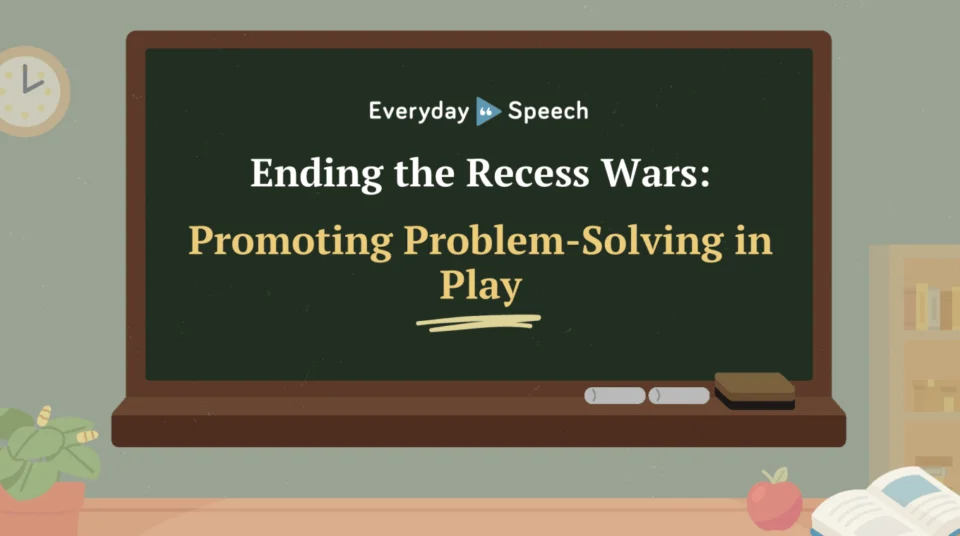Helping Students Stay Calm and Solve Problems: A No-Prep Activity for Special Education
Get free social skills materials
No-prep lessons on self-regulation, emotional recognition, conversation skills, and more.
Sign up hereWhen faced with problems, it’s common for students to become upset and frustrated. This can lead to further complications and strained relationships with peers. In this blog post, we will explore a no-prep activity designed for educators working with students in Special Education to help them remain calm and develop problem-solving skills.
Introduction
Remaining calm and effectively solving problems are essential life skills that can improve students’ social interactions and emotional well-being. By incorporating principles of Social-Emotional Learning, we can help students better understand and manage their emotions, empathize with others, and navigate challenging situations.
No-Prep Activity
In this no-prep activity, students will role-play a scenario where they need to stay calm and solve a problem. The activity requires no materials or preparation from the educator and can be easily adapted for different age groups and settings. Follow these steps:
- Divide students into small groups or pairs.
- Present the following situation: One student wants to play frisbee, while the others in the group want to play tag. The student who wants to play frisbee becomes upset and starts to argue.
- Ask students to role-play the scenario, with one student acting as the upset individual and the others as the rest of the group.
- After the role-play, encourage students to discuss how the upset individual could have stayed calm and solved the problem more effectively.
- Ask students to role-play the scenario again, this time with the upset individual staying calm and working with the group to find a solution that satisfies everyone.
This activity encourages students to practice staying calm in challenging situations and finding effective solutions by considering the feelings and preferences of others.
Discussion Questions
- How did the upset individual’s reaction affect the rest of the group in the first role-play?
- What strategies can we use to stay calm when faced with a problem?
- How did the group work together to find a solution in the second role-play?
- Why is it important to consider the feelings and preferences of others when solving problems?
- Can you think of a time when you stayed calm and solved a problem? How did it make you feel?
Related Skills
Helping students stay calm and solve problems is just one aspect of Social-Emotional Learning. Other relevant skills that can benefit students in Special Education include:
- Empathy: Understanding and sharing the feelings of others.
- Active listening: Paying full attention to what others are saying and responding appropriately.
- Assertiveness: Expressing oneself clearly and respectfully, while also considering the needs and feelings of others.
- Conflict resolution: Resolving disagreements and finding solutions that satisfy all parties involved.
Next Steps
To explore more activities and resources designed to help students develop problem-solving skills and other essential life skills, we encourage you to sign up for free samples of our materials. Visit Everyday Speech’s sample materials to access a wealth of resources tailored for educators working with students in Special Education.


